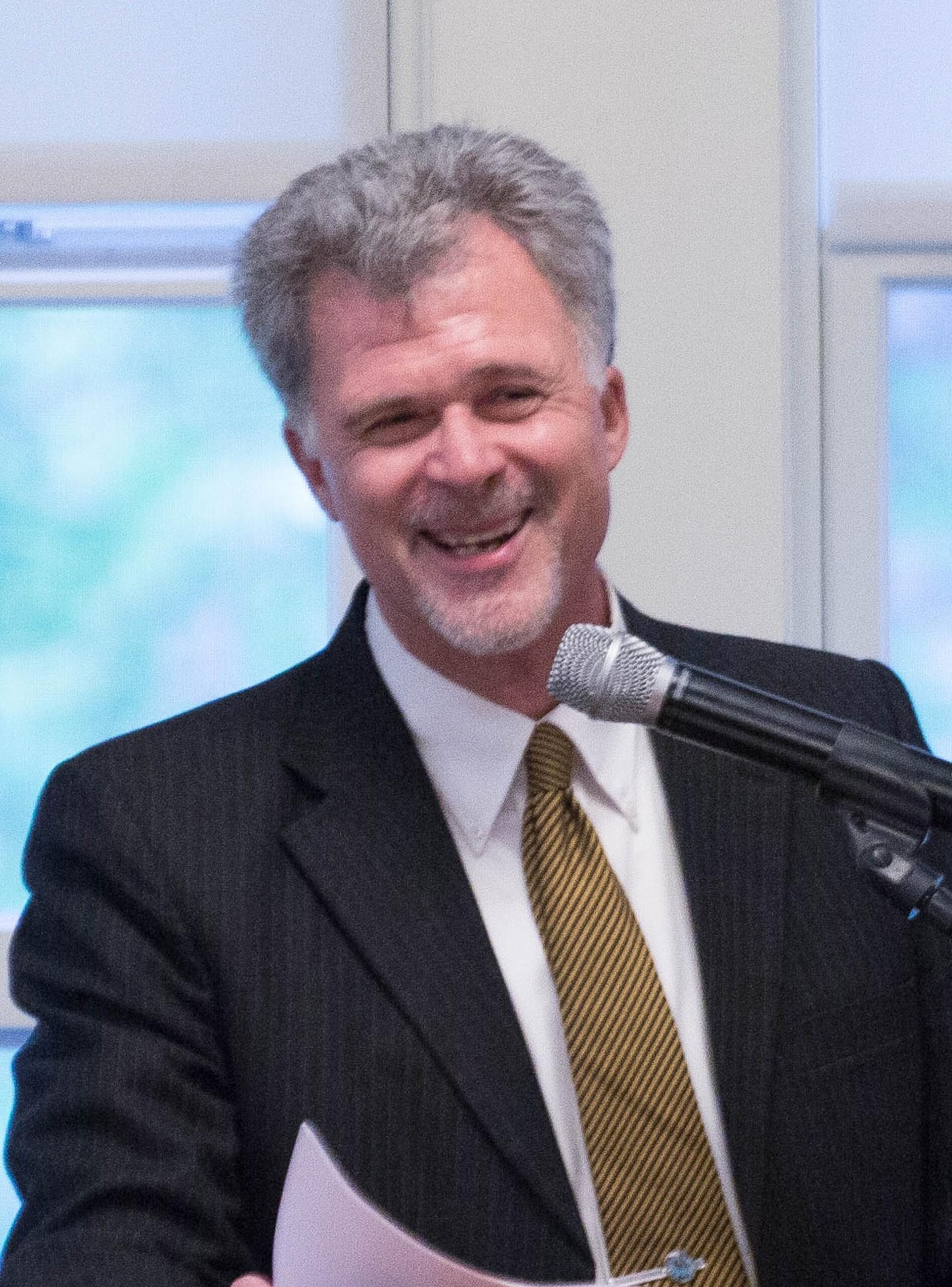Jeffrey Koch
Professor of Political Science And International Relations
Fraser 105a
585-245-5454
koch@geneseo.edu
Jeff Koch has been a member of the Geneseo faculty since 1989.

Office Hours
Curriculum Vitae
Education
Ph.D.; University of Michigan, Political Science
M.A.; University of Connecticut
B.A.; Indiana University of Pennsylvania
Employment
Visiting Assistant Professor: University of California, Riverside
Publications
Being Certain versus Being Right: Cost-Benefit and Cognitivist Theories of Citizen Certainty of Candidates? Ideological Orientations Political Behavior
Does Individual-Level Political Cynicism lead to Third Party Support American Politics Research
Follow the Leader?: The Effects of Presidential Support on Representatives? Electoral Fortunes Journal of Politics
Candidate Gender and Citizens’ Perceptions of House Candidates’ Ideological Orientations American Journal of Political Science
When Parties and Candidates Collide: Citizen Perception of House Candidates? Positions on Abortion Public Opinion Quarterly
Do Voters? Apply Ideological Gender Stereotypes to Senate Candidates? Journal of Politics <
Candidate Status, Assessments of Presidential Performance, and Voting for the U.S. Senate Electoral Studies
